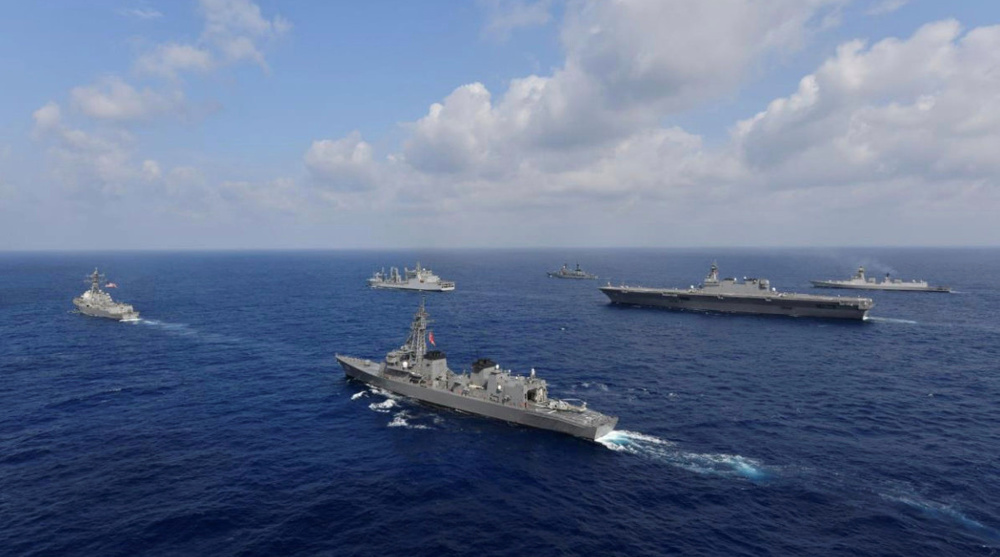Philippines delays termination of US military pact for 6 more months
The Philippines has suspended a decision to end a two-decade military agreement with its ally the United States for another six months.
President Rodrigo Duterte delayed the cancelation of the Visiting Forces Agreement (VFA) with the US, the Philippine Foreign Ministry said on Wednesday.
The president ordered the extra six months to “enable us to find a more enhanced, mutually beneficial, mutually agreeable, and more effective and lasting arrangement on how to move forward in our mutual defense,” said Foreign Affairs Secretary Teodoro Locsin.
The treaty, which accorded legal status to thousands of US troops in the Philippines for military exercises and purported humanitarian assistance, would expire in 180 days after the receipt of the notice of termination.
Early this year, Manila sent a notice to Washington of a presidential decision to scrap the treaty within six months.
The move concerned Washington about two other bilateral military pacts — a Mutual Defense Treaty and an Enhanced Defense Cooperation Agreement (EDCA).
Since taking the presidency in 2016, Duterte has repeatedly condemned US foreign and military policies while praising China and Russia.
Ever since, he has fostered closer ties with Beijing, shelving a territorial spat over the South China Sea.
Locsin said, “The past four years have changed the South China Sea from one of uncertainty about great powers’ intentions to one of predictability and resulting stability with regard to what can and cannot be done.”
Parts of the South China Sea, which are said to be rich in untapped oil and gas reserves, are also claimed by China’s neighboring countries, including the Philippines.
The United States, which sides with Beijing’s rival claimants in the maritime dispute, routinely sends warships and warplanes to the South China Sea to assert what it calls its “right” to “freedom of navigation,” ratcheting up tensions with China.
Beijing has constantly warned the US against its military activities in the sea, saying that potential close military encounters by the air and naval forces of the two countries in the region could easily trigger accidents.
April 29: ‘Axis of Resistance’ operations against Israeli occupation
Expo 2024: Iran’s door to international markets
Columbia suspends students after warning to clear out protest camp unheeded
Five taken to hospital after stabbing attack in northeast London
10,000 bodies buried under Gaza rubble decomposing, spreading disease
Yemen raps US for obstructing peace, blocking efforts to halt Gaza genocide
Israel to launch Rafah invasion if no deal reached on Gaza in 72 hours: Report
Iranian counter-revolutionaries back UK Zionists














 This makes it easy to access the Press TV website
This makes it easy to access the Press TV website